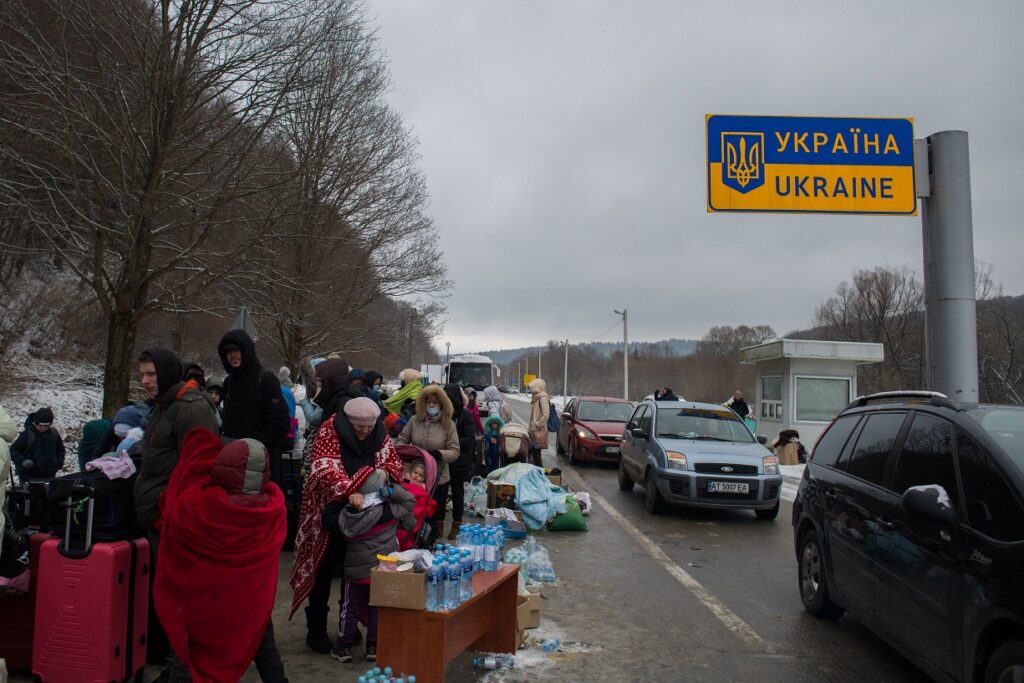The European Commission presented on Friday operational guidelines to support EU member states in applying the Temporary Protection Directive to help people fleeing war in Ukraine.
The Commission proposed to activate the protection directive in beginning of March and it became immediately applicable on 4 March. It now offers protection and a clear legal status to millions of people, meaning that they will be given a residence permit and will have access to education and to the labour market.
Since the start of the Russia's invasion of Ukraine on 24 February, more than 3 million people have fled the country, with UN estimates suggesting that more than half of them are children.
“The unprecedented decision to grant immediate protection to all those who call Ukraine their home is now being translated into practice,” commented Vice-President for Promoting our European Way of Life, Margaritis Schinas (18 March). “To help make this process as smooth as possible, the Commission is supporting Member States with operational guidance.”
“For example, to ensure people can move around the Union unhindered, we clarify that they should be able to receive 15-day visas at the border and that in any case carriers should not be fined for transporting them without documentation. One of the biggest concerns now is the number of children arriving unaccompanied who need to be registered and given specialised care.”
Following the signature of the Association Agreement with the EU, Ukrainian citizens were granted visa-free travel to the Schengen Area in 2017, for travel of up to 90 days within any 180-day period. Temporary protection will last for at least one year and may be extended depending on the situation in Ukraine.
According to the Commission, the guidelines are intended as a living document and will have to be updated regularly based on new questions received from member states, to reflect the situation on the ground and take due account of member states’ evolving needs. Information in Ukrainian and Russian can be found here.
The main elements in the guidelines include clarification on who is entitled to temporary protection, a definition of “adequate protection” under national law and specification of the type of evidence needed to benefit from temporary protection or adequate protection under national law.
Unaccompanied children and teenagers should be immediately appointed with a legal guardian or appropriate representation. The Commission is also coordinating relocation efforts for the transfers of unaccompanied children and teenagers to other member states. All children fleeing from the war, regardless of their status, should have full protection and swift access to their specific rights.
A residence permit should serve as a document to prove someone's status with other authorities, such as employment offices and services, schools, hospitals. Where residence permits are still pending, member states should facilitate the opening of bank accounts and access to relevant services on the basis of an ID document or proof of entry into the EU after 24 February 2022.
Ukrainian nationals holding biometric passports or nationalities exempt from the requirement to be in possession of a short-stay visa for entering the Union, have the right to move freely within the Schengen area after being admitted into the territory for a 90-day period within a 180-day period.
The Brussels Times

